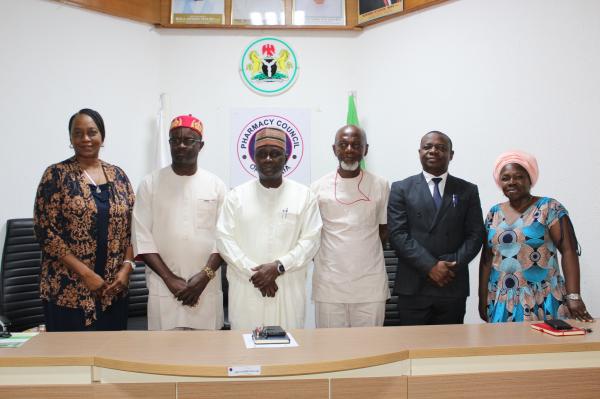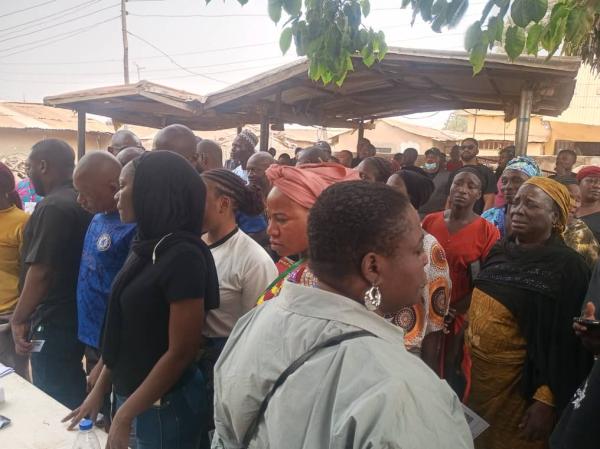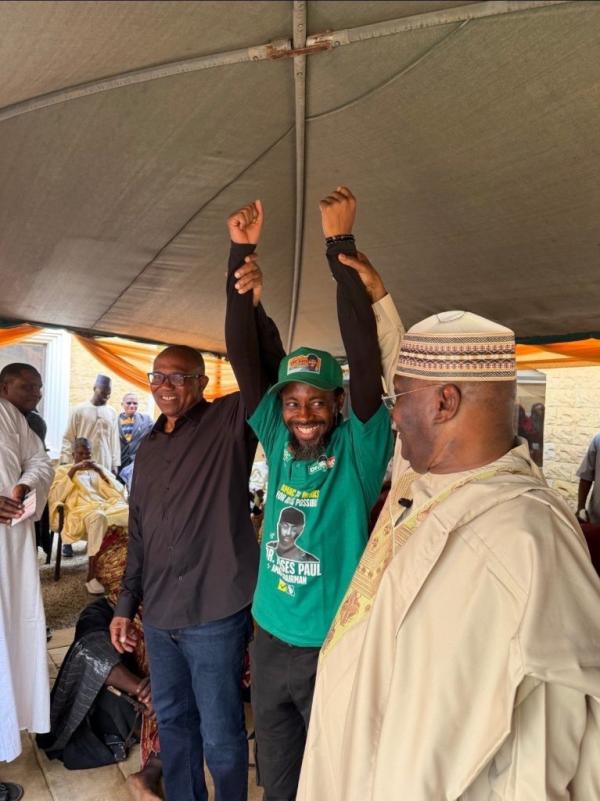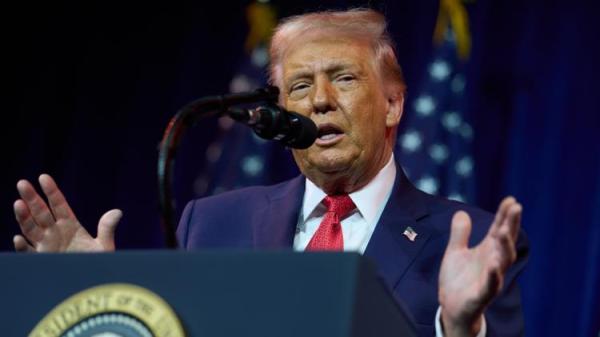
#RevolutionNow convener, Omoyele Sowore, has maintained that Nigeria has not yet achieved genuine independence, arguing that the nation’s leaders continue to replicate the oppression of the colonial era.
Sowore made the remarks on Wednesday, October 1, 2025, during a peaceful protest organised by the #RevolutionNow movement in Abuja as Nigeria marks its 65th Independence Day anniversary.
The former presidential candidate of the African Action Congress (AAC) argued that despite six and a half decades since Britain formally handed over power in 1960, Nigerians remain trapped under systems that deny them basic freedoms and dignity.
“Nigeria’s independence is what we are pursuing. The one they are celebrating is the one of the colonial masters. Our own independence has not arrived yet. That is why annually we protest on Independence Day,” Sowore said.
He added that the oppression faced by ordinary Nigerians had merely shifted from foreign rulers to indigenous elites who continue to exploit the masses.
“We are still looking for independence. We want to be free from neocolonial masters and slave masters in our country. We are still living in apartheid,” he declared.
Citing the plight of pensioners, restrictions on free speech, and political repression, Sowore compared present-day governance to colonial rule.
“Any country where people work and they cannot get pension is not an independent country. Any country where people speak and they get clamped down into prison or detention is not independent.
“That is what the colonial masters used to do to us. The colonial masters used to call what they call cybercrime now sedition law - if you speak against authorities, you go to jail. So, we are still looking for independence.”
Nigeria gained independence from Britain on October 1, 1960, and became a republic three years later.
However, its post-independence history has been marred by military coups, civil war, widespread corruption, and recurring economic crises.
The Human rights activist, who has long been a critic of successive governments, founded the #RevolutionNow movement in 2019 to demand systemic change, good governance, and respect for human rights.
His activism has frequently brought him into confrontation with state authorities, including arrests and prolonged detentions.
The activist’s remarks resonate with growing frustrations among Nigerians grappling with inflation, unemployment, insecurity, and alleged crackdowns on dissent.
His comparison of present governance to apartheid reflects a deepening sentiment that political independence has not translated into social and economic liberation for the majority of citizens.





















